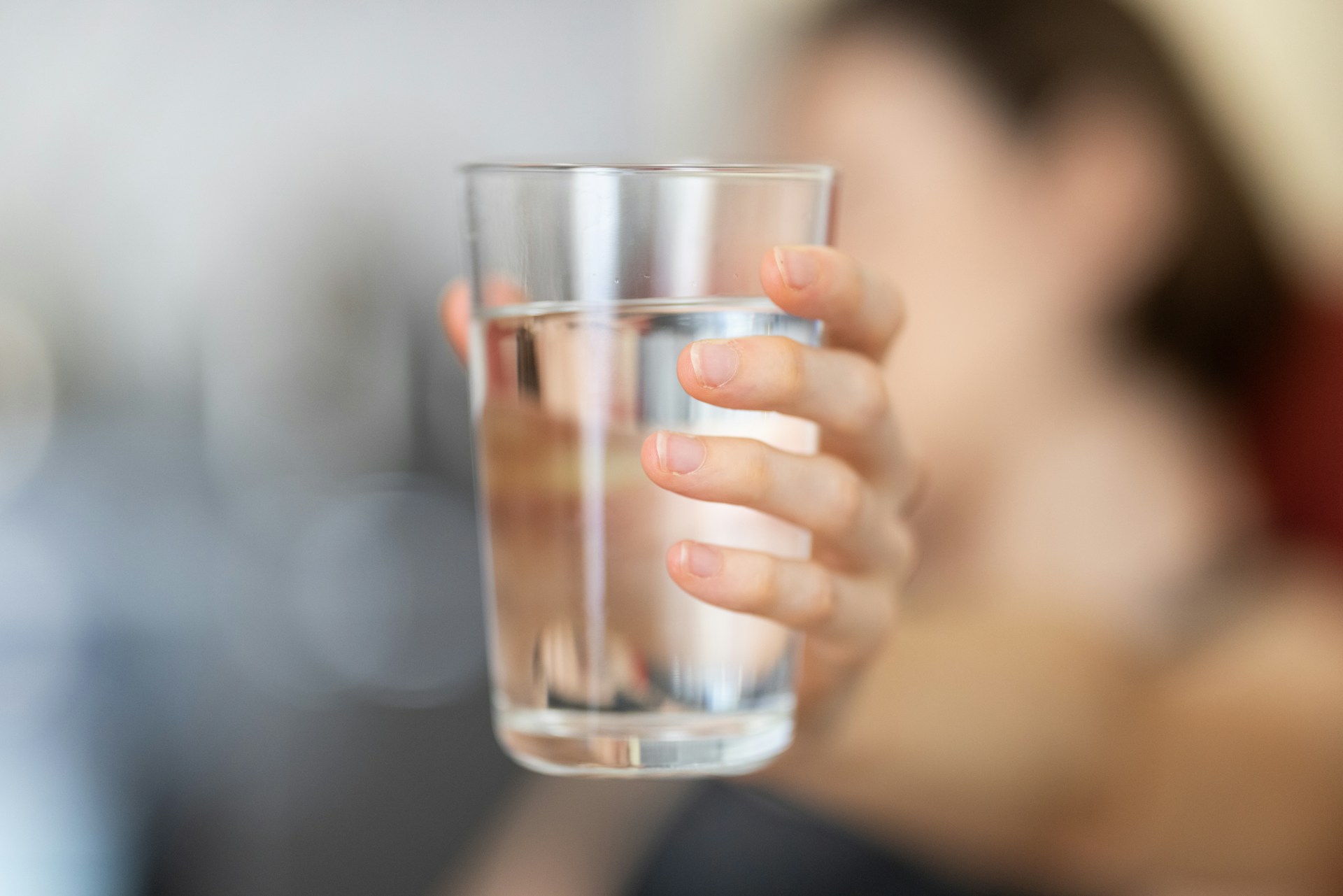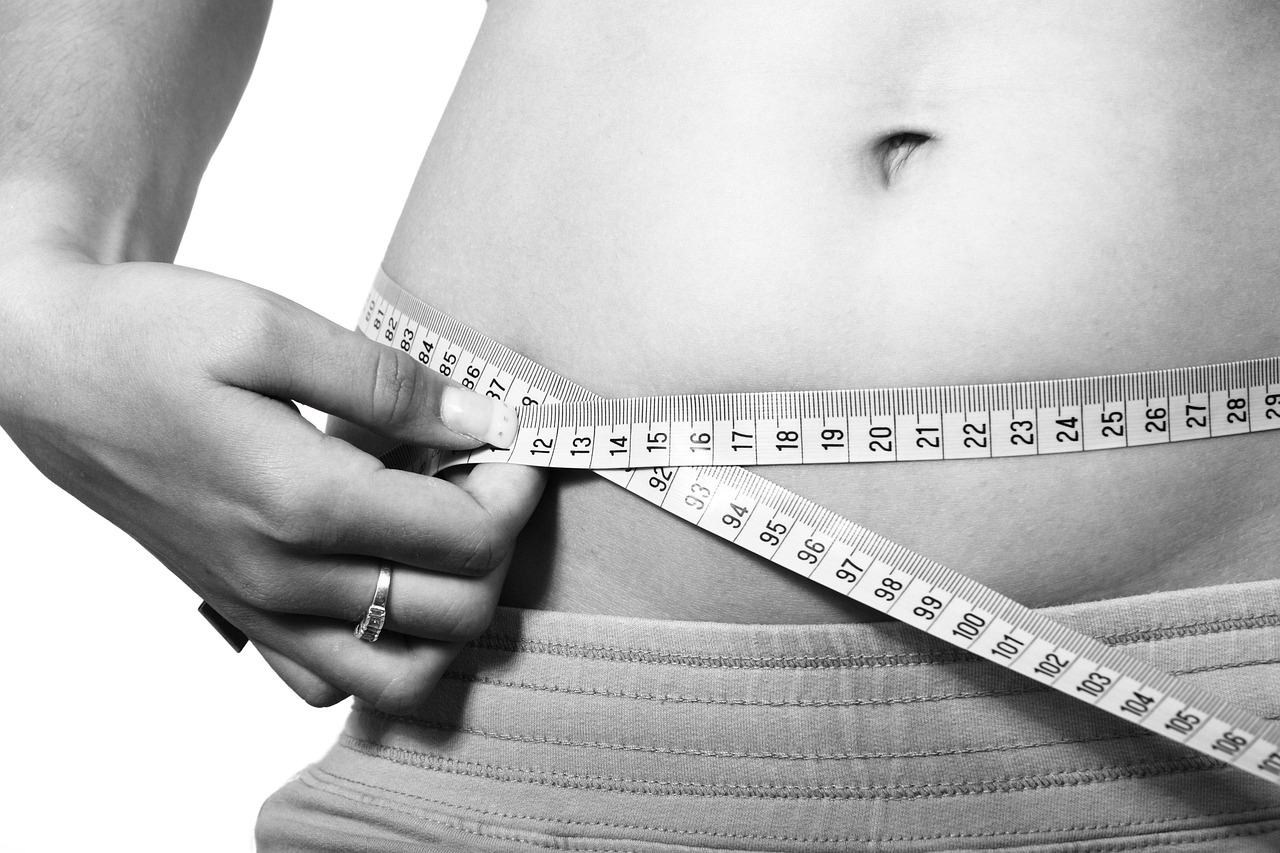What Are The Signs of Lack of Water in The Body?
Our body is made of more than 60% water. This percentage is a bit different based on the gender. Yet another fascinating fact is that the brain is about 85% water. Without drinking water, your body would stop functioning properly. The tissues, organs, cells, and every process in your body rely on water.
Water is essential for a lot of things such as:
- Lubrication of eyes and joints
- Maintenance and regulation of body temperature
- Support of digestive processes
- Maintenance of the balance of fluids found in the body
- Protection of the spinal cord, tissues, and joints
- Control of calorie intake
- Support of skin health
As mentioned before without water our body won’t function normally. So, everybody should keep their body properly hydrated. To be able to achieve this, we need to drink fluids (mainly water) and have foods that are high in water content.
There are situations where our bodies use more water. For example, this is something that we could expect when we are doing a workout routine when we experience diarrhea, sweating in excess, vomiting, or deal with frequent urination and diabetes.
In cases like that, folks have an imbalance in the electrolyte levels in the body which leads to dehydration and your body lowers its performance.
Most people don’t know when the body does not possess enough amount of water in it. By finding out more about the symptoms of dehydration, you will find out when you should enhance your water intake.

Here is a list of 7 signs that show your body needs more water:
-
Headaches and Dizziness
Dizziness and mild to severe headaches are quite common signs of dehydration. in case your body suffers from low hydration levels, this is usually felt in the head because the fluids around the brain are reduced and these fluids absorb the pressure from movement and bumps.
That’s the key reason why individuals start suffering from headaches or even migraines. Additionally, insufficient water hinders the proper flow of blood and oxygen to our brains.
As per a report exposed five years ago in the reputable Handbook of Clinical Neurology, dehydration is among the major reasons why people experience headaches associated with tension and migraines.
When you have a headache, make sure to drink more water rather than some drugs. In case your headache is due to dehydration it will be eliminated very fast.
-
Bad Breath and Dry Mouth
Everyone knows that bad breath is yet another sign of dehydration. The body generates significantly less saliva which then triggers the growth of bacteria in the mouth and causes terrible or stinky breath.
Drinking more water will lubricate the mouth keep the mucous membranes moist in the throat and help for smooth speaking. Dryness of the mouth and bad breath can be triggered as a result of the intake of less water. So, drink plenty of water regularly to eliminate this problem.
-
You are Feeling Fatigued
Not enough water might lead to a feeling of tiredness and sleepiness. This warning sign, as well, is associated with low blood pressure and difficulty providing the brain with the oxygen it requires.
-
Reduced Urination and Change in Color
In case you’re not using the restrooms for every few hours then also your body is in a water deficit. Having a proper amount of water can lead to regular urination of about four to seven times per day, which experts claim helps to body to flush out toxins through urination.
Additionally, it’s important to monitor the color of urine, because it indicates the hydration level. Clear or light-colored urine indicates a well-hydrated body and dark yellow or amber-colored urine indicates concentrated urine.
For that reason, drink lots more water. Also, lessen the consumption of drinking causing dehydration like caffeine, carbonated or alcoholic drinks. Furthermore, increase the intake of healthy fruit or vegetable juices, herbal teas, soups, water-rich fruits, and so on.
-
Constipation and a Few More Digestive Problems
Water plays a vital role in easing the work of the digestive system and supports the flexibility and cleanliness of the digestive tract. If this system receives a sufficient amount of water, the bowel movement will likely be good and you won’t experience constipation.
Moreover, greater fluid loss that comes due to vomiting or diarrhea can lead to quite hard stools and eventually to constipation. Dehydration can sometimes lead to indigestion and heartburn.
-
Muscle and Joint Pain
As outlined by many doctors, water is essential for the health of our cartilage and joints. These parts of the body are made of 80% water. Therefore, in case you shortage of water, the bones will begin to wear and tear which will result in strong joint pain.
However, if the body is properly hydrated, the joints should be able to manage any kind of movement including sudden movements common in activities like jumping and running or even falling without feeling any pain. Of course, losing fluids caused by excessive perspiration may lead to greater muscle contraction and eventually to muscle cramps.
A scientific study carried out about 7 years ago and published in the popular Journal of Applied Physiology states that the amount of water in the body is important when it comes to the regulation of metabolic and hormonal responses to resistance training.
-
Accelerated Heartbeat
Dehydration bears a direct and side effect on the heart rate and its performance, as it leads to the reduction of plasma volume and makes the blood more viscous. As a result, it affects blood flow and raises your heartbeat.
Dehydration also results in a few changes in the electrolytes which further lead to low blood pressure. Additionally, due to some extra stress on the body, the heartbeat becomes much faster which can trigger anxiety and make you feel panic. So, drink gradually any time you feel your heart beating faster to get relief from the problem. If the symptoms continue, then quickly talk to your doctor.














Post Comment